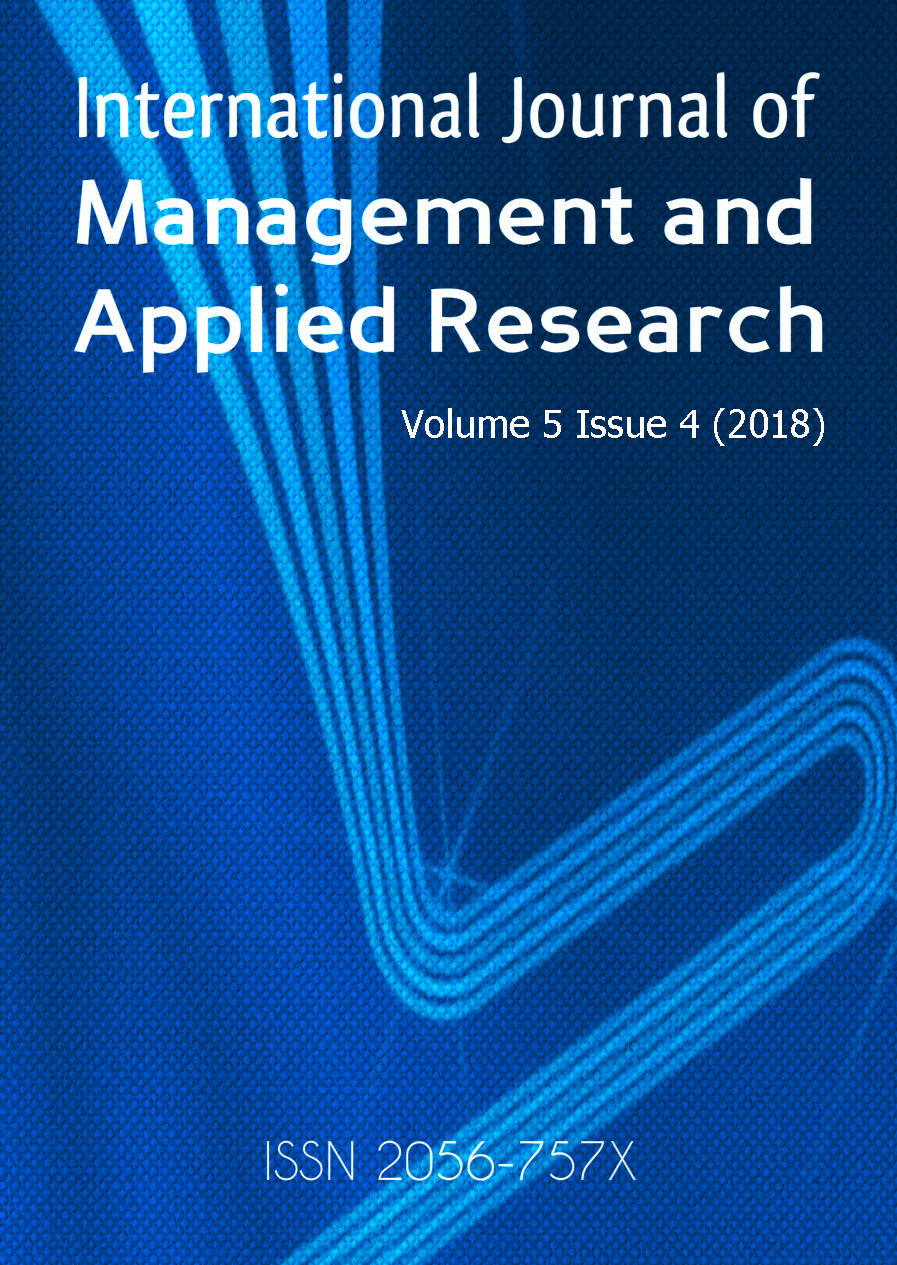LEGO® SERIOUS PLAY® In Multidisciplinary Student Teams
LEGO® SERIOUS PLAY® In Multidisciplinary Student Teams
Author(s): Camilla Nørgaard Jensen, Thomas Payson Seager, Alison Cook-DavisSubject(s): Business Economy / Management, Higher Education , Social psychology and group interaction, Behaviorism
Published by: New Millennium Discoveries Ltd
Keywords: LEGO® SERIOUS PLAY®; Undergraduate Education; Active Learning; Cross-disciplinary Communication; Boundary Objects; Perspective Taking;
Summary/Abstract: LEGO® SERIOUS PLAY® (LSP) method for facilitating deliberation in multidisciplinary teams of students considering the social, ethical, and environmental implications of nanotechnology. As a wicked problem, nanotechnology warrants thorough examination and deliberation involving multiple stakeholders to ensure responsible innovation and governance. However, many conventional approaches to wicked problems fail to address the difficulty of cross-disciplinary communication in the absence of interactional expertise, and overlook proven creative problem solving methods. Despite nearly five decades of maturation in practices since the term ‘wicked problems’ first appeared in the literature in 1967, a need remains for exploring new approaches. LSP is a content neutral, hands-on facilitation method using boundary objects as a metaphorical vehicle for lowering the barriers to communication, thereby building empathetic perspective taking and increasing the “collision” of ideas to boost the collective creativity. The curriculum effectiveness and student experience was evaluated through pre- and post-surveys as well as summative focus group sessions. Findings show that the LSP method was useful in three respects: 1) it accelerated the socialization process essential for generating and sharing creative ideas by structuring interactions with material boundary objects, 2) it enabled students to externalize their ideas and perspectives in more explicit forms through the use of material metaphors, and 3), it facilitated the internalization of new knowledge.
Journal: International Journal of Management and Applied Research
- Issue Year: 5/2018
- Issue No: 4
- Page Range: 264-280
- Page Count: 17
- Language: English

